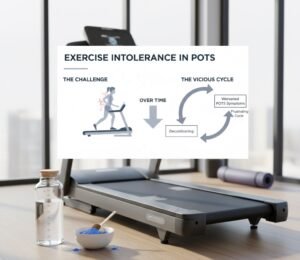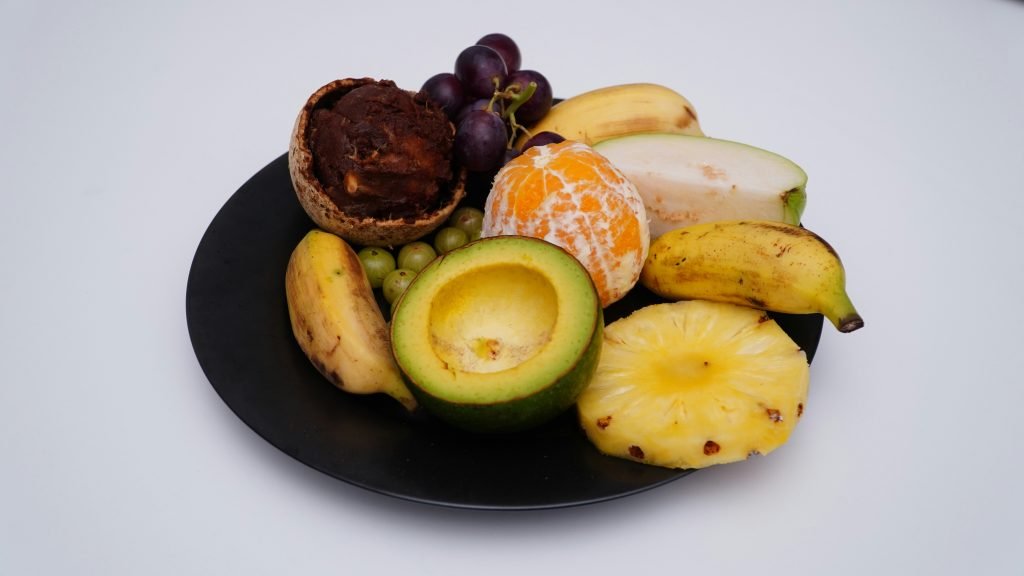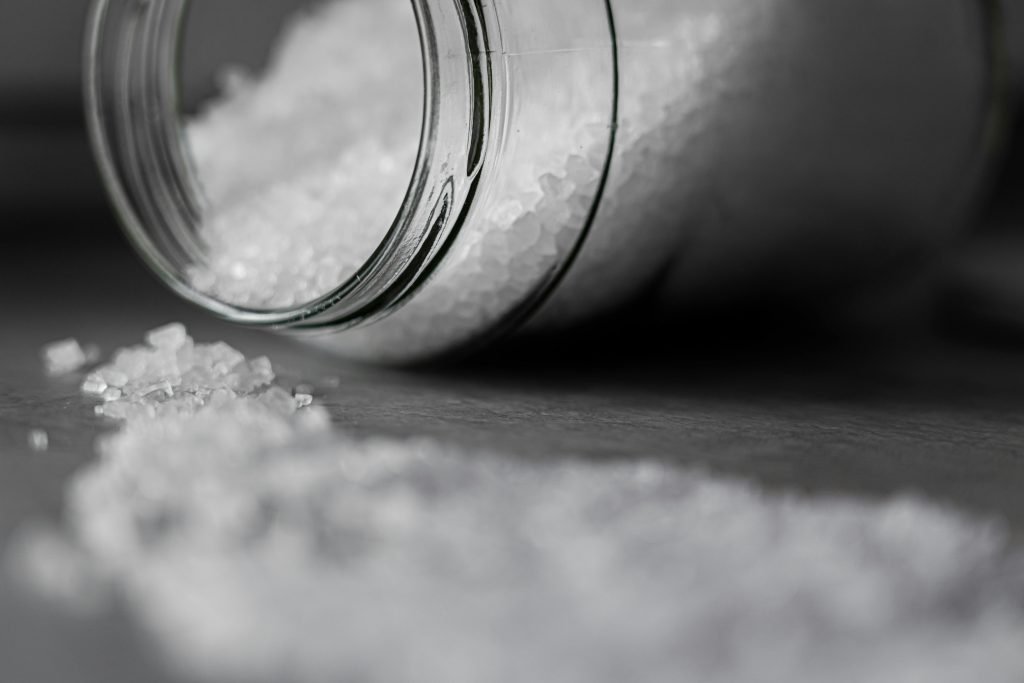While treatment often includes medication and lifestyle changes, addressing nutritional deficiencies with POTS plays a crucial role in symptom management. For individuals with POTS, optimizing diet nutrition is not just about eating well—it’s a foundational strategy for supporting autonomic stability and overall well-being.
Common Nutritional Deficiencies in POTS Patients
People with POTS are often found to be deficient in several key vitamins and minerals. These deficiencies can exacerbate symptoms and hinder recovery. Understanding which nutrients are commonly lacking helps guide a more targeted dietary and supplement plan.
B Vitamins (Especially B12 and B1)
B vitamins are essential for energy metabolism, nerve function, and red blood cell production. Vitamin B12 deficiency can contribute to fatigue and neurological symptoms often seen in POTS. Vitamin B1 (thiamine) deficiency may affect blood pressure regulation and cognitive performance.
What exercise equipment do you find most helpful for POTS?
Vitamin D
Low levels of vitamin D are common in people with chronic illnesses, including those with POTS. Vitamin D is important for immune regulation, bone health, and muscle function. A deficiency can contribute to fatigue, muscle weakness, and mood disorders.
Magnesium
Magnesium supports cardiovascular health, muscle relaxation, and nerve function. A deficiency in magnesium can worsen symptoms such as palpitations, muscle cramps, and poor sleep.
Iron
Iron-deficiency anemia is sometimes seen in POTS patients. Iron is vital for oxygen transport in the blood. Low iron levels can lead to increased fatigue, dizziness, and poor exercise tolerance.
Sodium and Electrolytes
Due to hypovolemia (low blood volume) in many POTS patients, sodium and electrolyte levels must be carefully maintained. Sodium is particularly crucial for helping the body retain fluid and maintain blood pressure.
How Nutritional Deficiencies Impact POTS Symptoms
When the body lacks essential nutrients, the autonomic nervous system—already under stress in POTS patients—is further compromised. This can lead to more frequent and severe episodes of orthostatic intolerance.
For example:
- Low magnesium levels can cause irregular heartbeat and muscle spasms.
- Vitamin B12 deficiency can impair nerve conduction, making brain fog and neuropathy worse.
- Inadequate iron can reduce oxygen delivery, increasing fatigue.
Correcting these deficiencies supports autonomic function, reduces symptom flare-ups, and improves quality of life.
Diagnosing Nutritional Deficiencies
Proper diagnosis of nutrient deficiencies requires collaboration with a healthcare provider. Blood tests are the most accurate way to assess:
- Complete blood count (CBC)
- Vitamin B12 and folate levels
- Iron panel (ferritin, serum iron, TIBC)
- 25-hydroxyvitamin D
- Magnesium (serum and RBC levels)
- Electrolyte panel (sodium, potassium, chloride)
Some symptoms of deficiency can overlap with POTS symptoms, so lab work is key for pinpointing specific deficiencies.

Supplements to Consider
While food is the best source of nutrients, supplements may be necessary when deficiencies are significant or symptoms are severe. Commonly used supplements for POTS include:
- Vitamin B-complex or B12 (methylcobalamin preferred)
- Vitamin D3
- Magnesium glycinate or citrate
- Iron bisglycinate (gentler on the stomach)
- Electrolyte blends with sodium, potassium, and chloride
Always consult with a healthcare provider before starting new supplements, especially if you are on medications.

Nutritional Strategies for Long-Term Management
Managing POTS through diet involves more than just fixing deficiencies. A long-term nutritional strategy may include:

Regular Meals and Balanced Macronutrients
- Eat small, frequent meals throughout the day
- Include complex carbs, healthy fats, and lean proteins
- Avoid heavy, high-carb meals that can cause postprandial hypotension
Hydration and Sodium Intake
- Drink 2–3 liters of water daily
- Increase salt intake to 3,000–5,000 mg/day if recommended by your provider

Anti-inflammatory Diet
- Focus on fruits, vegetables, whole grains, lean proteins
- Limit processed foods, sugar, and refined carbs
Partnering with a Registered Dietitian
Working with a registered dietitian who understands POTS can provide personalized guidance and ensure all nutrient needs are met. They can help tailor meal plans, recommend the right supplements, and monitor progress over time.

GnarlyTree | EXERCISE GUIDE
Exercise Programs for POTS · CHOP and Levine Protocols
Many people eventually discover that structured, gradual exercise programs can play a meaningful role in improving daily stability. Two of the most well‑known approaches are the CHOP POTS Exercise Program and the Levine Protocol, both...
🧠 FAQ: Nutrition & POTS
1. Why is nutrition important for managing POTS?
Proper nutrition supports autonomic function, reduces symptom flare-ups, and improves energy, mood, and cardiovascular health.
2. What nutrient deficiencies are common in people with POTS?
Deficiencies in B vitamins, vitamin D, magnesium, iron, and sodium are frequently found and can worsen symptoms.
3. How does vitamin B12 impact POTS symptoms?
Vitamin B12 supports nerve function and energy; low levels can worsen fatigue, brain fog, and neurological issues.
4. Why is magnesium important for POTS?
Magnesium helps regulate heart rhythm, muscle relaxation, and sleep—deficiency may cause cramps, palpitations, and poor rest.
5. How does iron deficiency affect people with POTS?
Low iron impairs oxygen delivery, which can lead to fatigue, dizziness, and reduced physical stamina.
6. What role does sodium play in POTS management?
Sodium helps retain fluid and maintain blood pressure, making it essential for people with low blood volume due to POTS.
7. Should people with POTS take supplements?
Yes, but only under medical supervision—supplements may help correct deficiencies that food alone can’t address.
8. How can meals be structured to support POTS?
Eat small, balanced meals every few hours, including complex carbs, lean protein, and healthy fats to stabilize energy and blood pressure.
9. What dietary habits help manage POTS long-term?
Stay hydrated, follow an anti-inflammatory diet, balance macronutrients, and avoid processed foods and sugar.
10. When should someone with POTS see a dietitian?
If symptoms persist despite lifestyle changes, a dietitian can provide a personalized nutrition plan and monitor nutrient levels.
Conclusion
Addressing nutritional deficiencies is a powerful and often overlooked tool in managing POTS. From improving energy levels and cardiovascular function to supporting the nervous system, proper nutrition is foundational. A comprehensive diet nutrition strategy tailored to individual needs can significantly improve symptoms and enhance quality of life for those living with POTS.
If you suspect you have a nutrient deficiency or are struggling with managing your POTS symptoms, consult your healthcare provider and consider nutritional testing as part of your treatment plan.
What is your favorite recumbent exercise?



